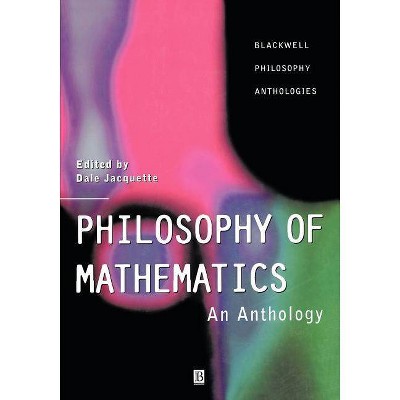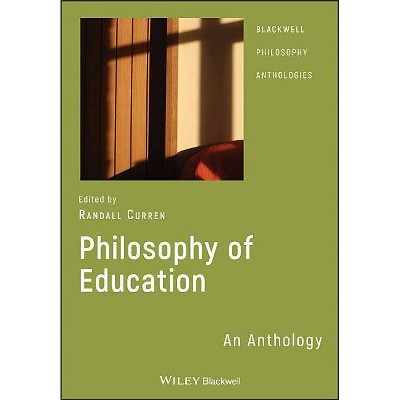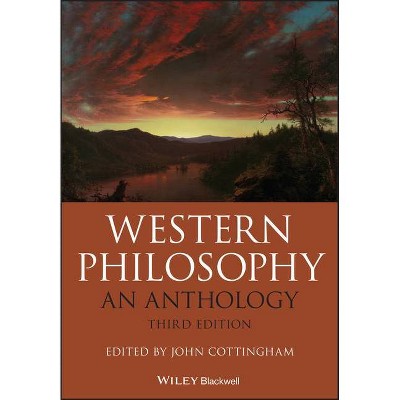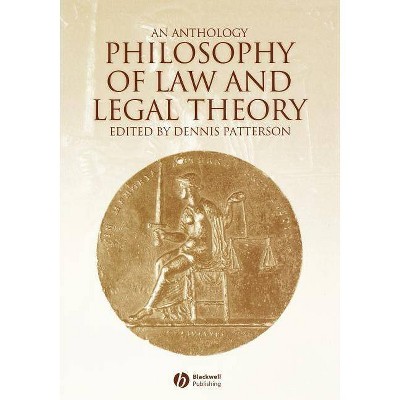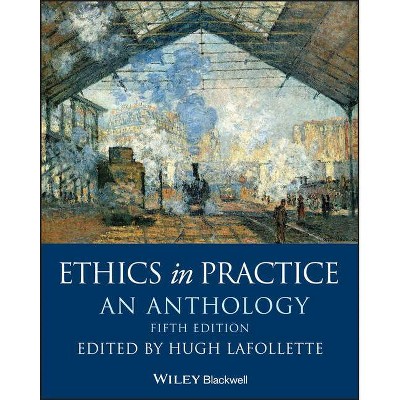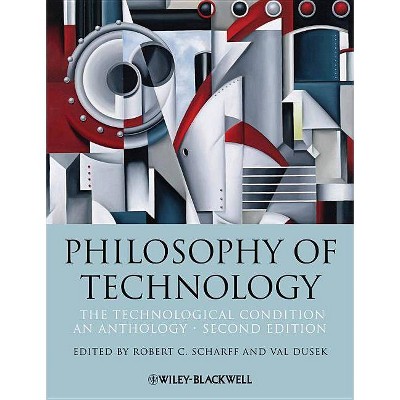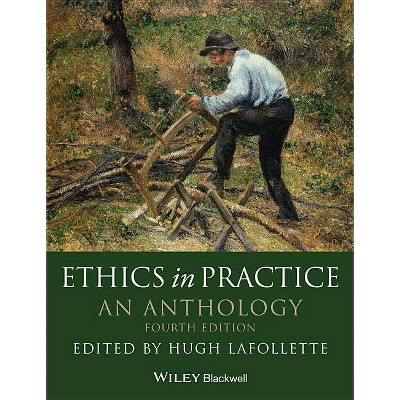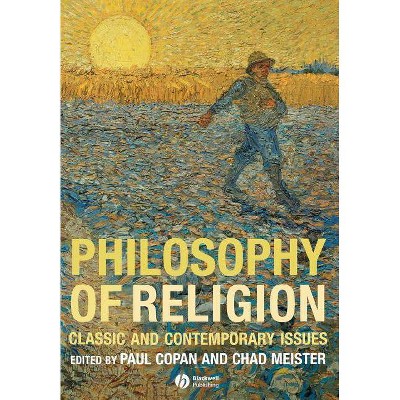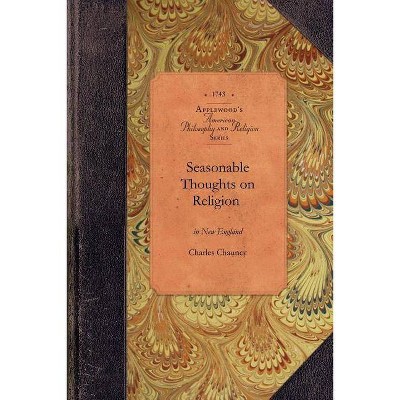Philosophy of Religion - (Blackwell Philosophy Anthologies) by Charles Taliaferro & Paul J Griffiths (Paperback)
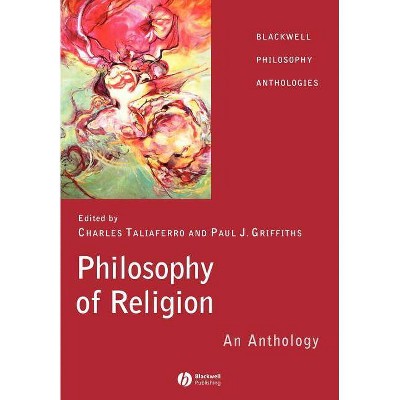
Similar Products
Products of same category from the store
AllProduct info
<p/><br></br><p><b> Book Synopsis </b></p></br></br>This substantial anthology is a comprehensive, authoritative collection of the classical and contemporary readings in the philosophy of religion, providing a survey and analysis of the key issues, figures and concepts.<br /> <ul> <br /> </li> <li>Comprises the most comprehensive and authoritative collection of the classical and contemporary readings in the philosophy of religion.<br /> </li> <li>Provides a survey and analysis of the key issues, figures and concepts.<br /> </li> <li>Examines religious identity, theism and divine attributes, explanations of religion, and theistic arguments.<br /> </li> <li>Includes readings concerned with nontheistic religions, evils and goods, religious values, personal identity, and death.</li> </ul><p/><br></br><p><b> From the Back Cover </b></p></br></br>This substantial anthology of classical and contemporary readings serves as a survey and analysis of the key issues, figures, and concepts in the philosophy of religion.<br /> <p>The readings examine a wide variety of topics, including religious identity, theism and divine attributes, explanations of religion, theistic arguments, nontheistic religions, evils and goods, religious values, personal identity, and death.The integration of the key issues concerning students today makes this book distinctive and accessible. Edited and introduced by distinguished scholars, these essays are essential reading for anyone interested in the philosophy of religion.</p><p/><br></br><p><b> Review Quotes </b></p></br></br><br>This is a fine collection. As well as familiar material reflecting the atheism-theism debate, there are essays dealing with the perspectives of nontheistic religions, and the bearing of art, psychoanalysis, and environmental ethics on religious concerns. The text offers an excellent overview of some of the best recent work in the field. <i>Mark Wynn, University of Exeter</i> <br /> <p><br /> </p> <p>This anthology isn't the standard fare. It contains sections on theistic arguments, evil, divine attributes, religious experience, and religious language, but it also pays attention to what makes a belief religious, religious values, personal identity, and death. The volume includes theistic, atheistic, and feminist essays which were clearly chosen for their relevance rather than for political correctness. The result is fresh and welcome. <i>Keith Yandell, University of Wisconsin-Madison</i><br /> </p> <p>Taliaferro and Griffiths adroitly guide the modern student with verve and insight through the bewilderingly rich materials of contemporary philosophy of religion. I heartily recommend this magnificent aid to such a complex subject. <i>Douglas Hedley, Clare College, Cambridge University</i></p><br><p/><br></br><p><b> About the Author </b></p></br></br><b>Charles Taliaferro</b> is Professor of Philosophy at St. Olaf College. He is author of <i>Consciousness and the Mind of God</i> (1994), <i>Contemporary Philosophy of Religion</i> (Blackwell 1998), and co-editor of <i>A Companion to Philosophy of Religion</i> (Blackwell, 1997).<br /> <p><b>Paul J. Griffiths</b> is Schmitt Chair of Catholic Studies at the University of Illinois at Chicago. He is author of <i>On Being Buddha: The Classical Doctrine of Buddhahood</i> (1994), <i>Religious Reading: The Place of Reading in the Practice of Religion</i> (1999), and <i>Problems of Religious Diversity</i> (Blackwell, 2001).</p>
Price History
Price Archive shows prices from various stores, lets you see history and find the cheapest. There is no actual sale on the website. For all support, inquiry and suggestion messagescommunication@pricearchive.us
